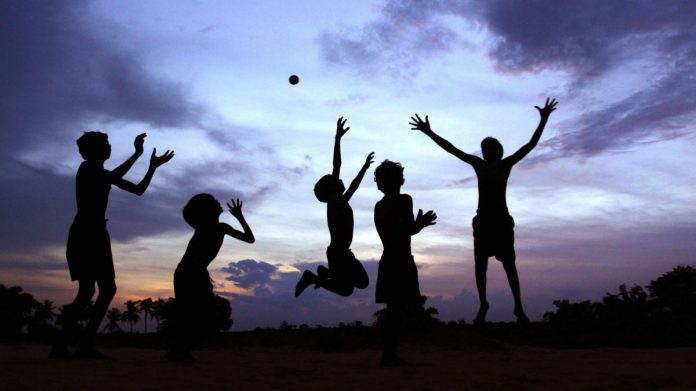In today’s time and age, approximately 70% of the world’s population is suffering from mental health issues – unfortunately, this also includes children. It is more challenging to read into the young minds as it gets hard to differentiate between challenging behaviours and emotions that are consistent with typical child development and those that need more attention and concern.
The most common childhood mental disorders are anxiety disorders, depression and attention deficit hyperactivity disorder (ADHD). If left untreated, these conditions can severely influence children’s development, their educational attainments, and their potential to live fulfilling and productive lives.
Risk factors that make children more prone to mental health issues

There are certain risk factors that make some children more prone to mental health issues than others. Some of the factors include:
- Biological- such as genetic composition, abnormal levels of neurotransmitters, long term illness, etc.
- Psychological- such as low self-esteem, poor body image, long-standing educational difficulties etc.
- Environmental- such as verbal or physical abuse, death of a loved one, a victim of bullying or peer pressure etc.
Symptoms to make note of

Before we get all judgmental and pass our verdict on a child’s behaviour, it is very important to understand that mental health affects the way people think, feel and act. We have to read carefully into the behaviour of the child and try to look into why he/she is behaving in a peculiar manner. Some of
the common noticeable symptoms that shouldn’t be ignored include:
- Poor school performance
- Persistent boredom
- Frequent complaints of physical symptoms such as headaches and stomachaches
- Sleep or appetite problems
- Regressive behaviours such as bed-wetting, throwing tantrums, becoming clingy
- Aggressive and non-compliant behaviours
- More risk-taking behaviours such as running into streets, climbing too high, playing with unsafe items

If you see one or more of these symptoms, it does not mean that your child is suffering from a mental issue, it could all be a part of growing up. However, if the symptoms persist and no change in the risk factors are changing the behaviour of the child, it becomes important to seek professional help.
How to prevent and treat mental illnesses in children

The treatment of childhood mental illness tends to address both specific and non-specific risk factors, strengthen the protective factors, and use an approach which is appropriate for the child’s age and development level. Factors that can help keep the child mentally well and how parents can provide the requisite support and comfort to their little one are:
- Physical health – make sure that the child is eating a balanced diet and getting regular exercise
- Playtime – make sure the child gets sufficient time and freedom to play indoors and outdoors
- Family – make sure that it’s a happy, loving, warm environment
- School – make sure the school is a safe, secure and friendly space for the child
Importance of keeping children engaged in extracurricular activities

The emotional well being of a child is as important as their physical well being. And sometimes it’s the emotional factors that can also play a huge role in protecting the mental well being of the young adults. This is where activities like theatre and storytelling come in. Some of the reasons it is important for children of any age to be enrolled in these activities are highlighted below:
- They feel loved, trusted, understood, appreciated valued and safe – which is very important for the child’s confidence and self-esteem
- They get the opportunity and freedom to express themselves
- They learn to accept the uniqueness and differences in everyone, know who they are and recognize what they can be good at
- They get a sense of belonging to a team or a group, making them feel accepted and secure
- They get to let their imagination run wild – feel optimistic and hopeful

Apart from the aforementioned reasons, being involved with their peer group aids the child’s growth and development. It’s also important for us to seek ways to relax and have fun with the child and praise his or her strengths and abilities. We must remember every child is a different kind of flower and altogether they make the world a beautiful garden. Let’s all water them well and see them bloom!
The author, Neil Jarial, is the founder of The Magic of Books, a leading storytelling club for young kids, empowering young children to read, learn and grow. Ms Jarial has experience of more than 5 years as a storyteller and is popularly known as Aunty Neil to the young ones.
Featured Image Source: Desi Toys




